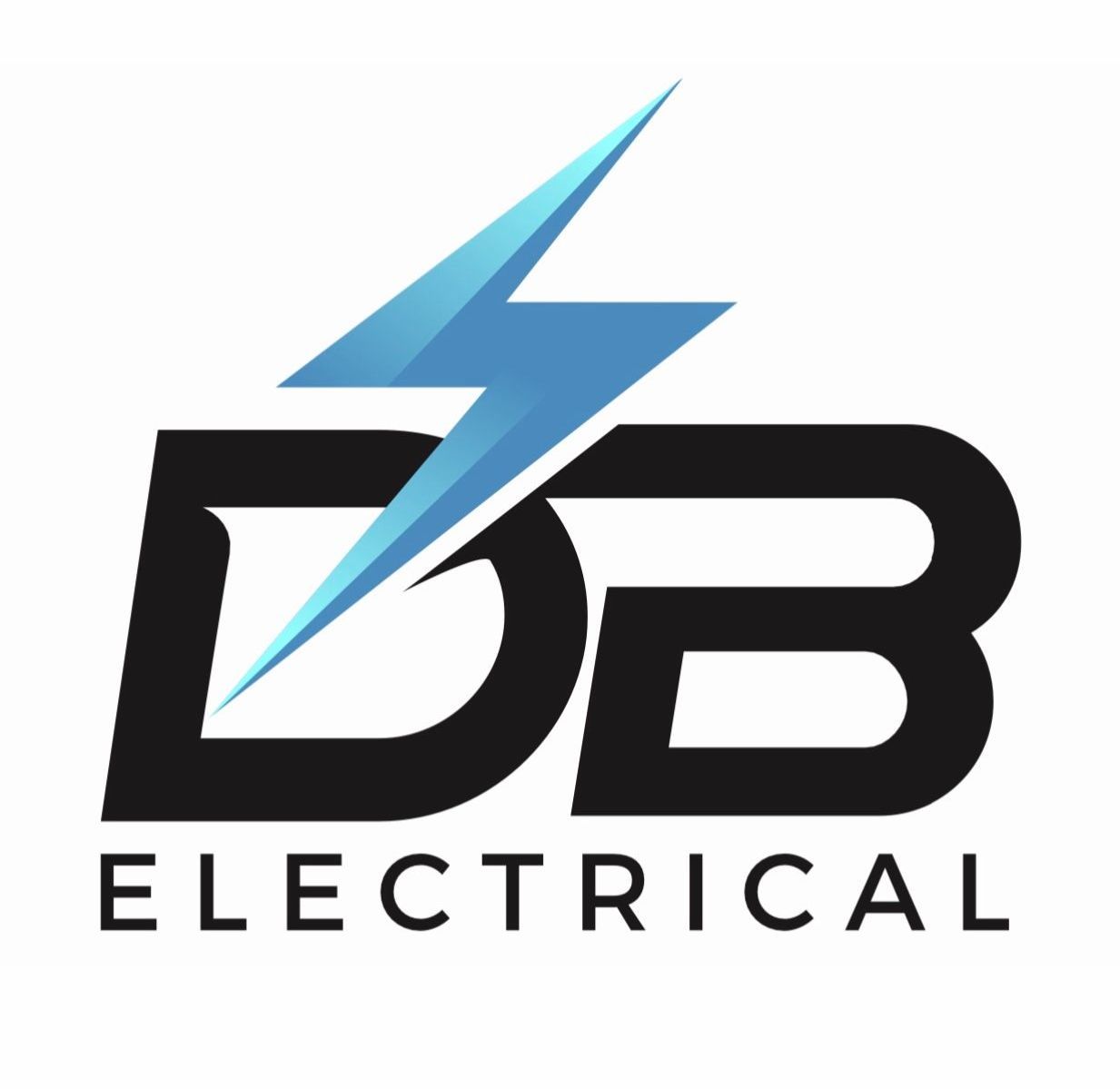
Test and Tagging
Ensuring Workplace Safety
Test and tagging are essential requirements in the workplace to guarantee the safety of employees and prevent electrical hazards. Regulations surrounding testing and tagging are in place to minimize risks and ensure compliance with safety standards.
Why Test and Tagging is Crucial
Proper testing and tagging of electrical equipment ensure that it is safe for use, reducing the risk of accidents or injuries. Employers are legally obligated to safeguard their employees from electrical dangers that could lead to severe injury or even fatalities.
Regular testing and tagging also help avoid heavy fines from Occupational Health and Safety (OH&S) or Workplace Health and Safety (WH&S) authorities. It ensures that your equipment and machinery are safe to operate, protecting both employees and customers, while preventing costly repairs down the line.
Compliance with AS/NZS 3760 Standards
Testing and tagging help businesses adhere to AS/NZS 3760, which governs the electrical safety of portable appliances. By meeting these standards, employers fulfill their health and safety duties, ensuring that workers are protected from electrical faults.
In Queensland, while testing can be conducted by a Competent Person, they must also hold a Registered Electrical Contractors’ License.
Commercial Test and
Tagging
Our commercial test and tagging services help businesses comply with Safe Work Australia’s electrical safety standards. Due to frequent use, commercial equipment and appliances are prone to wear and tear. Our skilled team proactively identifies and addresses potential issues, preventing them from escalating and ensuring the ongoing safety and compliance of your equipment.
Residential Test and Tagging
Homeowners can trust DB Electrical for reliable residential test and tagging services. We handle all types of appliances, both large and small.
Our thorough inspection process is tailored to each device, ensuring accuracy and reliability. With our expertise, you can rest assured that your home’s electrical safety is in good hands. We efficiently detect and resolve any electrical issues on the spot.
Contact Us for a Free Quote
Get in touch with our team today for a free quote on test and tag services for your electrical needs!
Test & Tagging FAQs
1. What is test and tagging?
Test and tagging is the process of inspecting electrical appliances to ensure they meet safety standards. The procedure involves visually inspecting the equipment and conducting electrical tests to detect faults. If the appliance passes, a tag is attached to indicate it has been tested and is safe to use.
2. Who is responsible for test and tagging in the workplace?
It is the employer’s responsibility to ensure the safety of employees, which includes ensuring that all electrical equipment is regularly tested and tagged. Employers must comply with Work Health and Safety (WHS) regulations and the Australian Standard AS/NZS 3760.
3. What is the AS/NZS 3760 standard?
AS/NZS 3760 is the Australian/New Zealand standard that governs the inspection, testing, and tagging of electrical appliances and equipment. It provides guidelines for ensuring electrical safety in the workplace, covering both portable appliances and fixed installations.
4. Can I conduct test and tagging myself in Queensland?
No, you cannot conduct test and tagging unless you are a Competent Person. In Queensland, a Competent Person must also hold a Registered Electrical Contractors’ Licence to carry out the tests. This ensures that only qualified professionals are handling electrical safety checks.
5. What happens if an appliance fails the test?
If an appliance fails the test, it must be removed from service immediately. The appliance may need to be repaired or replaced to meet safety standards. The test and tag service provider will typically place a "failed" tag on the equipment, indicating it is unsafe to use until the necessary actions are taken.
6. Why is test and tagging important?
Test and tagging are essential for ensuring the safety of workers and customers by reducing the risk of electrical hazards, such as electric shocks, fires, or equipment malfunctions. It also helps businesses comply with safety regulations, preventing penalties and promoting a safe work environment.
7. What is a Competent Person in Queensland?
A Competent Person is someone who is qualified to conduct electrical testing. In Queensland, they must have the appropriate training and certifications. Additionally, they must hold a Registered Electrical Contractors’ Licence to legally perform the tests on electrical appliances.
8. What are the consequences of not conducting regular test and tagging?
Failing to conduct regular test and tagging could lead to serious safety risks, such as electrical accidents or fires. Additionally, businesses may face heavy fines or penalties for non-compliance with health and safety regulations. It can also increase the risk of equipment failure and costly repairs.
9. Can test and tagging be done on all types of electrical appliances?
Yes, test and tagging can be done on all types of electrical appliances, including:
- Power tools
- Computers and office equipment
- Kitchen appliances
- Extension cords
Industrial machinery - the testing process is tailored to the specific type of appliance.
10. Do I need a qualified electrician for test and tagging?
Yes, in Queensland, a qualified and licensed electrical professional must perform the test and tagging. This ensures that the appliances are thoroughly inspected and safely tested according to the appropriate standards.
HERE’S WHAT’S BEING SAID ABOUT OUR ELECTRICIANS

⭐⭐⭐⭐⭐
Quality, Responsiveness, Value!
Matt installed our big new Daiken Air Conditioner and did some extra electrical work for us today, and was just fantastic, he did a great job, nothing was any trouble and provided great value for money also! Thanks to Matt, Alan and Darren for looking after us, we'll definitely us DB Electrical again. Hayley Seymour, January
Button
⭐⭐⭐⭐⭐
Best Experience Possible!
Had the best experience possible. Worked in with a time that suited, Darren turned up on time, took care while working, cleaned up, was polite, and went out of his way to be extra helpful. All in very hot, humid conditions at a sharp price. You guys deserve a medal. Alex Honey March
Button
⭐⭐⭐⭐⭐
Punctual & Professional!
We've just had a bathroom heat light installed, new power sockets and the replacement of old sockets to larger power sockets by DB Electrical and they were great. Punctual, very professional and nice guys. Would recommend them. A Wilson, February
Button
⭐⭐⭐⭐⭐
I recently had DB Electrical handle the entire electrical setup for my kitchen renovation, and I couldn’t be happier with the results. From installing new lighting to upgrading the switchboard, their team was professional, efficient, and clearly knowledgeable. They took the time to explain everything to me and even made suggestions that improved the overall design. They made what could have been a stressful process feel seamless, and their attention to detail was impressive. Highly recommend them for any electrical work you need—big or small!
— Jessica M., Homeowner
Button
⭐⭐⭐⭐⭐
We had an unexpected loss of power at our home late one evening, and DB Electrical was there in no time. Their quick response and expertise were a lifesaver. They identified a problem with our fuse box that we didn’t even know existed, and fixed it right away, preventing what could have been a much bigger issue. The electrician was not only skilled but also kind and patient, explaining everything in a way we could understand. DB Electrical is our go-to for any electrical needs—we trust them completely!
— Mark T., Homeowner
Button
⭐⭐⭐⭐⭐
DB Electrical has been our go-to for everything from air conditioning installations to surge protection. Their team is always punctual, friendly, and they do the job right the first time. What really stands out is their customer service—they genuinely care about their clients and it shows in the quality of their work. Whether it's a small repair or a big project like our bathroom renovation, they approach each job with the same level of care and professionalism. It’s great to have a reliable electrician we can count on for all our needs. We can’t recommend them enough!
— Sarah W., Homeowner
Button
⭐⭐⭐⭐⭐
We hired DB Electrical for outdoor lighting installation and couldn’t be happier with the outcome. They didn’t just do the job—they helped us choose the perfect lighting to highlight our garden and enhance our outdoor space. The installation was flawless, and they even went above and beyond to make sure every detail was just right. The team was courteous, professional, and took great care to clean up after themselves. Our backyard looks amazing now, and it’s all thanks to DB Electrical. If you’re looking for quality work with a personal touch, look no further!
— Liam R., Homeowner
Button
⭐⭐⭐⭐⭐
I needed urgent repairs on my stove and hot water system, and DB Electrical came through with flying colours. Not only did they arrive quickly, but they also diagnosed and fixed the issues in no time. What really impressed me was their thoroughness—they didn’t just do a quick fix, they made sure everything was working perfectly before they left. It’s rare to find such a dedicated and skilled team these days. Their work ethic and commitment to quality are truly exceptional. I’ll definitely be calling them again for any future electrical work!
— Karen S., Homeowner
Button

⭐⭐⭐⭐⭐
Quality, Responsiveness, Value!
Matt installed our big new Daiken Air Conditioner and did some extra electrical work for us today, and was just fantastic, he did a great job, nothing was any trouble and provided great value for money also! Thanks to Matt, Alan and Darren for looking after us, we'll definitely us DB Electrical again. Hayley Seymour, January
Button
⭐⭐⭐⭐⭐
Best Experience Possible!
Had the best experience possible. Worked in with a time that suited, Darren turned up on time, took care while working, cleaned up, was polite, and went out of his way to be extra helpful. All in very hot, humid conditions at a sharp price. You guys deserve a medal. Alex Honey March
Button
⭐⭐⭐⭐⭐
Punctual & Professional!
We've just had a bathroom heat light installed, new power sockets and the replacement of old sockets to larger power sockets by DB Electrical and they were great. Punctual, very professional and nice guys. Would recommend them. A Wilson, February
Button
Browse Our Website
Contact Information
Phone: 07 3889 7788
Email: admin@dbelectrical.com.au
Address: 1/14 Johnstone Rd,
Brendale QLD 4500
Business Hours:
- Mon - Fri
- -
- Sat - Sun
- Closed
License Number 7638
ABN: 93 065 318 194
Our Service Location
Servicing:
Brisbane Northern Suburbs
Caboolture to the City




